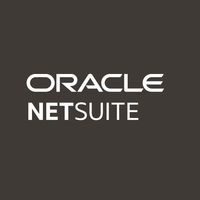Dynamics 365 Business Central is a ERP Software. Dynamics 365 Business Central offers Warehouse Management, Supply Chain Management, Sales, Financial Management, Accounting Management and many more functionalities.
Some top alternatives to Dynamics 365 Business Central includes NetSuite, Expand ERP, BizAutomation Cloud ERP, Tech Cloud ERP and Unit4 ERP.
No, Dynamics 365 Business Central doesn't provide API.
No, Dynamics 365 Business Central doesn't provide mobile app.
Dynamics 365 Business Central is located in NA
Dynamics 365 Business Central offers Subscription pricing model
The starting price of Dynamics 365 Business Central is $70/User/Month














